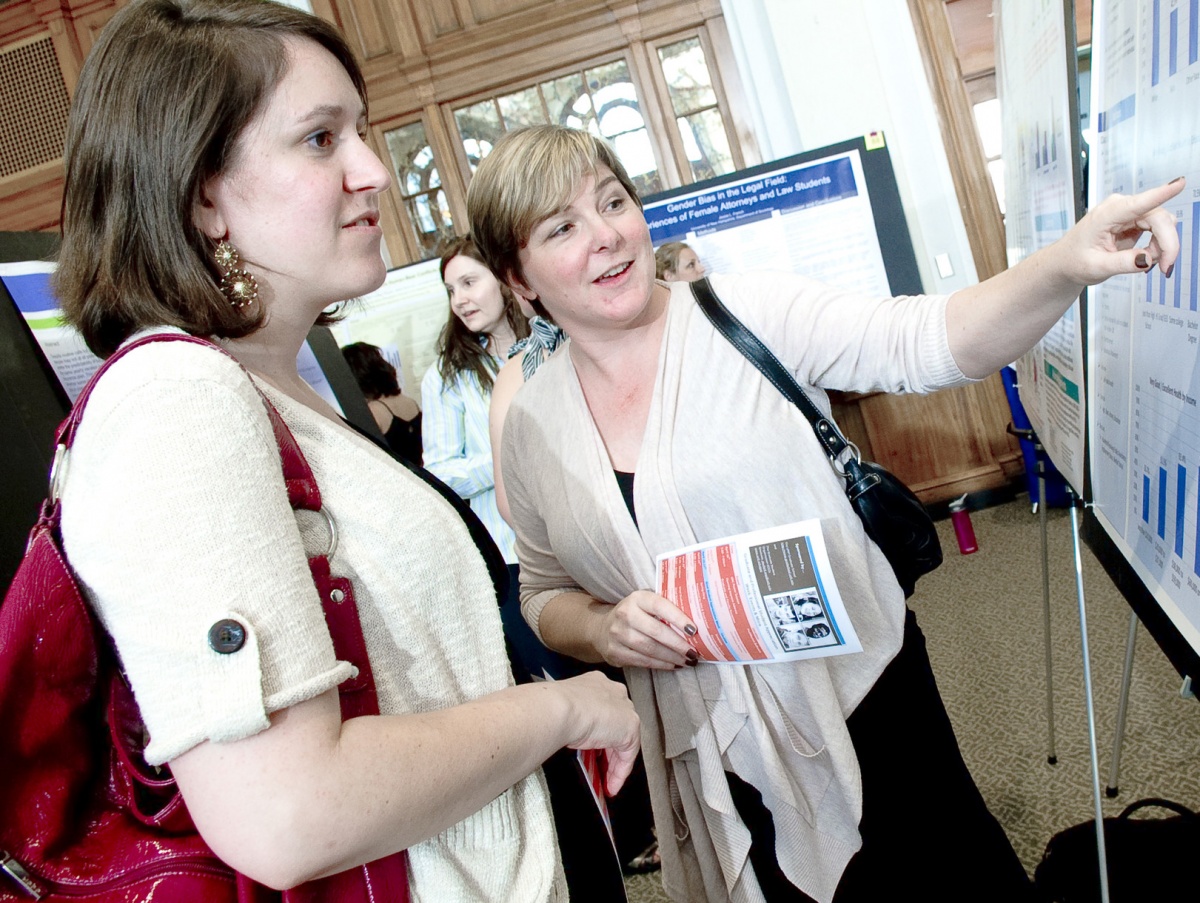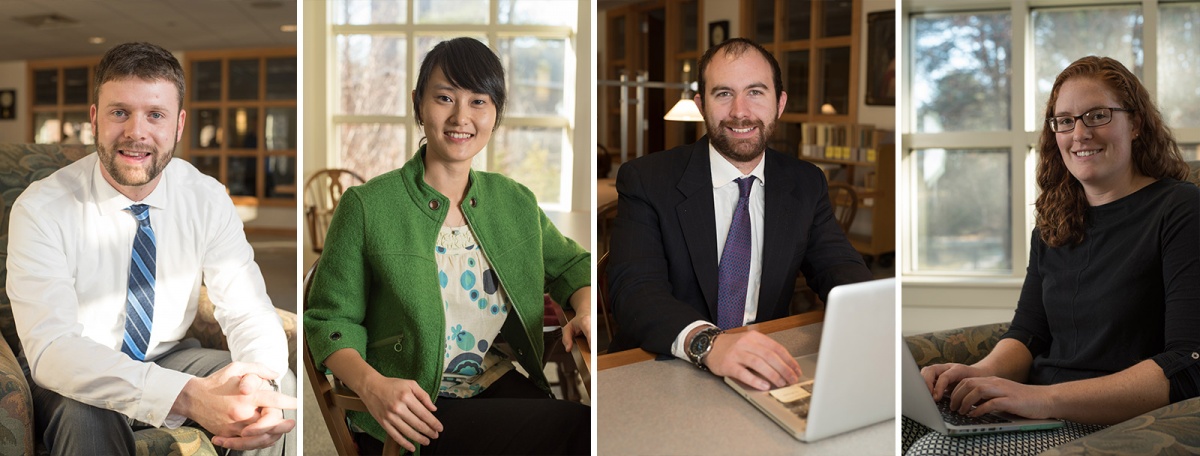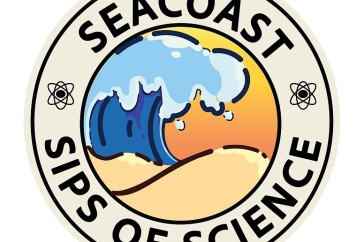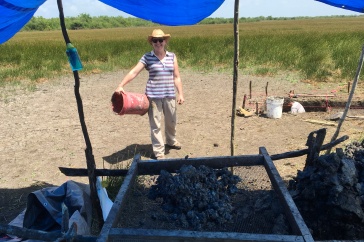
The Graduate Research Conference (GRC) takes place April 11-12 at the Whittemore Center Arena (Monday) and Holloway Commons breakout rooms (Tuesday).
Curious about the feeding frequency of an invasive sea anemone or the preparation of semiconducting nanoparticles to taverns and their roles in 18th-century New Hampshire society? More than 300 UNH graduate students from all academic disciplines will make oral or poster presentations at the13th annual GRC. This year’s symposium will also feature a new type of presentation — the 3-Minute Thesis.
Curious about the graduate students on the homepage? Here’s what they will present. Find them at the GRC!

Michael Verney is a Ph.D. candidate in the department of history. His dissertation, "Our Field of Fame: Naval Exploration and Empire in the Early American Republic, 1815-1860,” examines the 15 global exploring expeditions of the antebellum United States Navy.
“It scrutinizes the origins, courses and consequences of these voyages and studies their relationships to contemporaneous issues within the United States and its borderlands,” says Verney. “It seeks to put antebellum American expansionism into a global context and shows that the United States had imperial ambitions far beyond the North American West before the Civil War.”
Verney will present a 3-Minute Thesis at the GRC. Preview
Te-Hsin Chang is a Ph.D. candidate in the department of education with a concentration on outdoor education. She is researching adventure education, student-teacher relationships and, in particular, the role of the ethics of care in these relationships.
“Currently, I am investigating, in a longitudinal study, the ways in which adventure education may enhance student-teacher caring relationships,” she says. “In this exploration, I am developing a quantitative measurement to assess caring. My long-term goal is to use the instrument to better understand student-teacher caring relationships in other educational contexts."
Myles Lynch is a Ph.D. candidate in the department of education. His focus area is children and youth in communities.
Lynch is exploring environments that help to promote the capacity for creative thinking in children.
“My research focuses on individuals, or groups, within a social context and their ability to think of multiple solutions to complex problems, otherwise known as divergent thinking,” he says. “My hope is to develop programs that help enhance creative thinking as a remedy to the heavy demands of high-stakes testing practices that permeate modern traditional school settings.”
Felicia Fowler is a graduate student in the department of recreation management and policy, with a focus on therapeutic recreation administration.
Adolescent identity development plays an important role in how adolescents process and make meaning of their summer camp experiences.
Fowler’s research explores to what extent narrative meaning-making patterns among youth campers with and without serious illnesses differ within and across identity statuses.
“The restorative qualities of the summer camp environment coupled with the social context of camp programming provide a logical foundation to explore identity and illness within the camp experience,” she says. “The results of this study will provide summer camp programmers with specific facilitation tools to produce transferable skills for adolescents with and without serious illness in different identity-development stages.”
GRC schedule
-
Compiled By:
Tracey Bentley | Communications and Public Affairs



















































